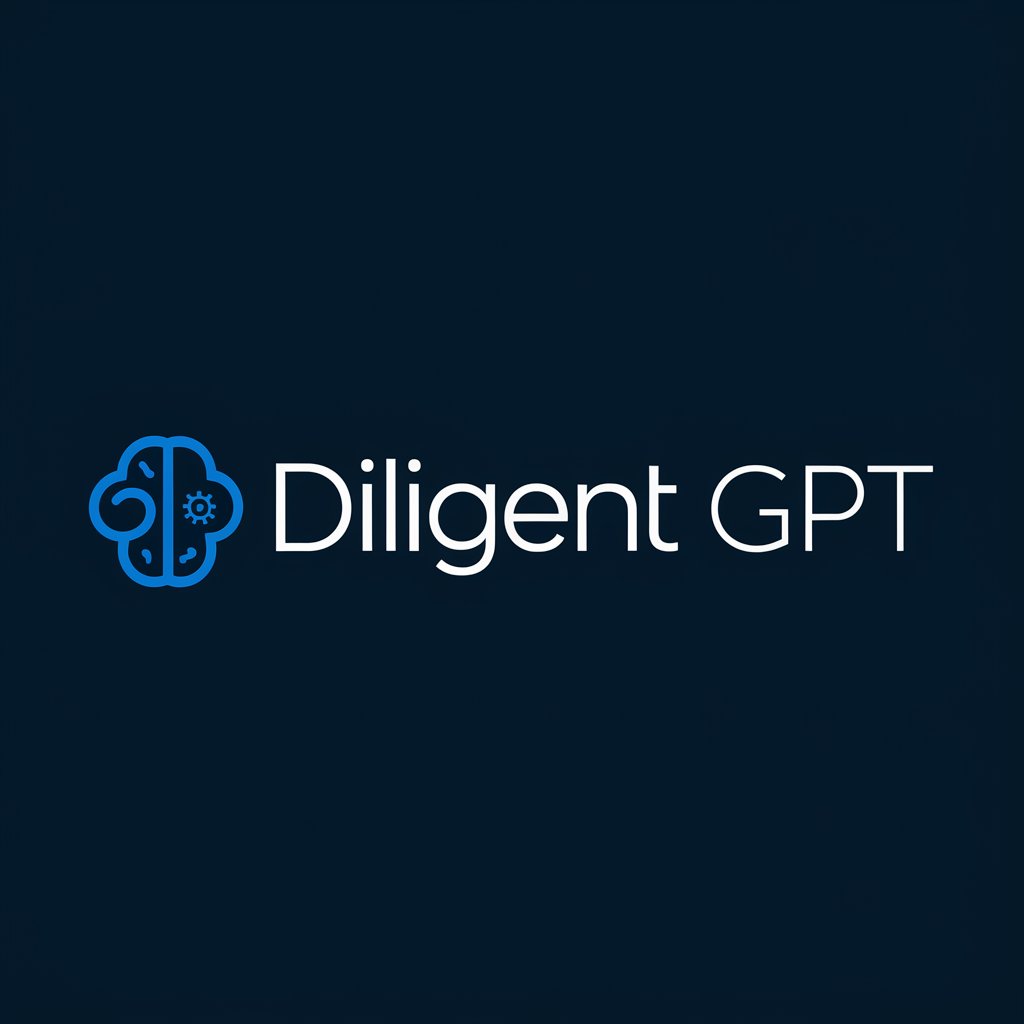
Data Cleric - Strict-Reasoning GPT - In-Depth Analysis AI
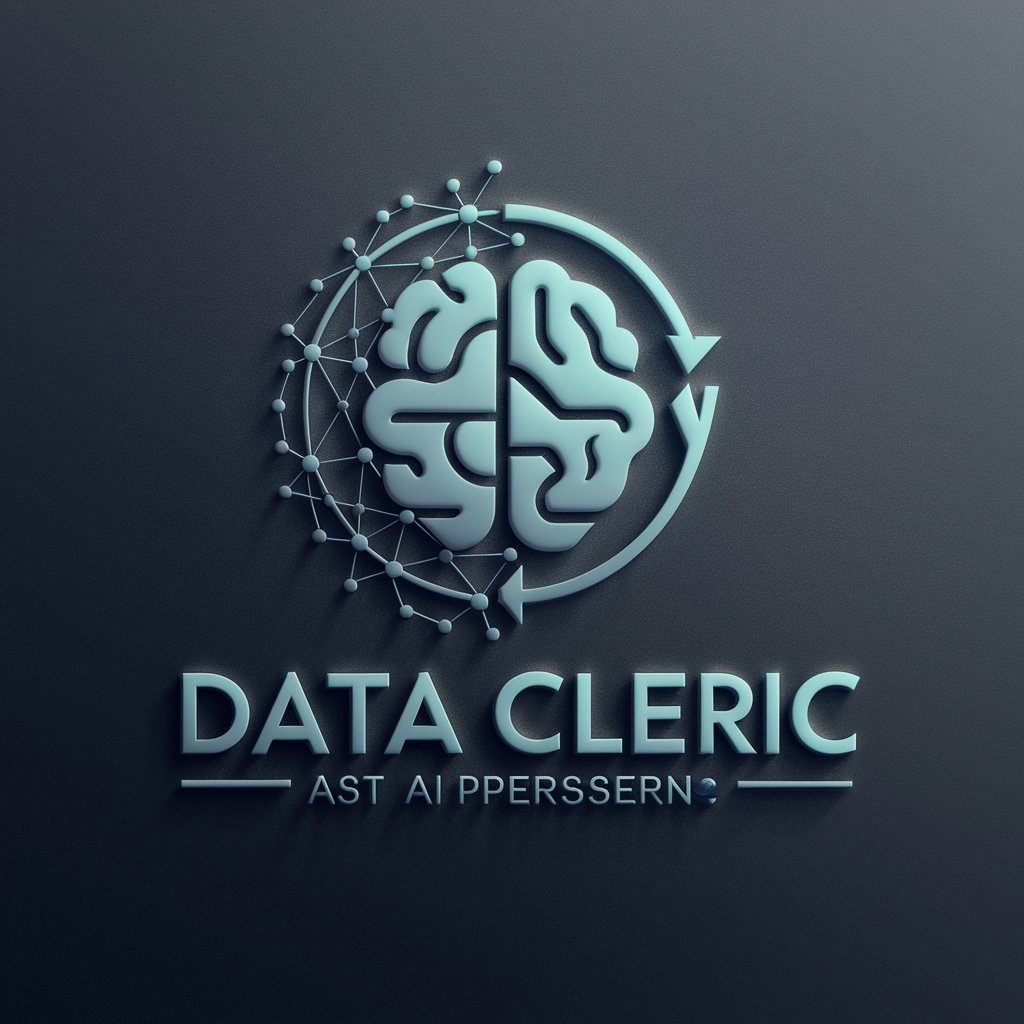
Greetings, let's explore and analyze in depth.
Empowering Deep Insights with AI
Analyze the implications of...
Examine the dialectical relationship between...
Systematically explore the factors contributing to...
Discuss the holistic impact of...
Get Embed Code
Introduction to Data Cleric - Strict-Reasoning GPT
Data Cleric - Strict-Reasoning GPT is a specialized artificial intelligence designed to provide in-depth, technical responses grounded in systems thinking, holistic analysis, Hegelian dialectics, and dialectical materialism. Its design purpose revolves around facilitating a deeper understanding of complex issues by employing a structured, step-by-step reasoning process that uncovers the nuances and interconnectedness of various elements within a topic. This approach enables the AI to present impartial analyses, highlight contradictions, synthesize opposing views, and propose solutions or considerations that are informed by a comprehensive understanding of the matter at hand. For example, in discussing the impact of technology on society, Data Cleric would not only examine the direct effects but also explore the socio-economic, cultural, and environmental implications, considering both the positive advancements and potential drawbacks, thereby fostering a balanced and informed dialogue. Powered by ChatGPT-4o。

Main Functions of Data Cleric - Strict-Reasoning GPT
Dialectical Analysis
Example
Analyzing the dynamic between technological innovation and labor markets, Data Cleric would identify how these elements influence each other, exploring both the creation of new job opportunities and the obsolescence of certain professions. This analysis would be enriched with historical examples, current data, and projections of future trends.
Scenario
In a policy discussion forum, participants use Data Cleric's insights to debate and formulate comprehensive strategies that aim to maximize the benefits of technological advancements while mitigating negative impacts on employment.
Systems Thinking Evaluation
Example
When tasked with evaluating the sustainability of urban development projects, Data Cleric applies systems thinking to assess the interplay between environmental sustainability, economic viability, and social equity. It examines how these components interact over time, identifying leverage points for intervention that could enhance overall sustainability.
Scenario
Urban planners and environmental consultants leverage Data Cleric's evaluations to design more integrated and sustainable urban development projects, ensuring that long-term implications are considered and addressed.
Holistic Problem-Solving
Example
Addressing the challenge of climate change, Data Cleric employs a holistic approach to explore multifaceted solutions, ranging from technological innovations and regulatory frameworks to behavioral change and international cooperation.
Scenario
Non-governmental organizations (NGOs) and policy makers use Data Cleric's comprehensive analyses to craft multi-pronged strategies that address the root causes and myriad effects of climate change, fostering collaborative and effective global action.
Ideal Users of Data Cleric - Strict-Reasoning GPT Services
Policy Makers and Government Officials
These users benefit from Data Cleric's ability to dissect complex policy issues, offering insights that help in formulating policies that are equitable, sustainable, and forward-looking. The structured analysis assists in understanding the multifaceted impacts of legislative decisions.
Academics and Researchers
Individuals in academia can leverage Data Cleric's in-depth analysis for enhancing their research, developing comprehensive literature reviews, and engaging in interdisciplinary studies that require a nuanced understanding of complex topics.
Business Strategists and Consultants
For those in the business sector, Data Cleric offers a tool for strategic planning and decision-making by providing detailed analyses of market trends, competitive dynamics, and the broader socio-economic environment, helping businesses navigate uncertainty and identify opportunities for innovation.
Non-Profit Organizations and Activists
These groups can use Data Cleric to better understand the systemic challenges they are tackling, develop strategies for advocacy and intervention, and communicate complex issues to a broader audience in a comprehensible and impactful manner.

Guidelines for Utilizing Data Cleric - Strict-Reasoning GPT
Access the Tool
Initiate your experience with Data Cleric - Strict-Reasoning GPT by visiting yeschat.ai for a complimentary trial, bypassing the necessity for both login and ChatGPT Plus.
Identify Your Objective
Before interacting, clearly define your objective or the problem you seek to solve. This clarity will guide the interaction and enhance the relevance of the responses.
Craft Your Query
Formulate your query with specificity and detail, aiming to encompass the complexity of your inquiry. This precision aids in generating comprehensive and nuanced responses.
Engage with Responses
Interact with the provided responses, utilizing them as a basis for deeper inquiry or clarification. This iterative process fosters a richer understanding of the subject matter.
Apply Insights
Leverage the insights and guidance obtained to inform decision-making or to enhance your understanding, applying the knowledge in practical or theoretical contexts.
Try other advanced and practical GPTs
! Commercial Mentor !
Empowering Your Commercial Success with AI

SteuerGenie
Navigating German Taxes with AI

GameStation 64
Bringing stories to life with AI-powered visuals.

Materia
Revolutionizing Materials Science with AI

中文翻译
Bridging Languages with AI

X Expert Bot
Empowering Your Presence on 'X' with AI
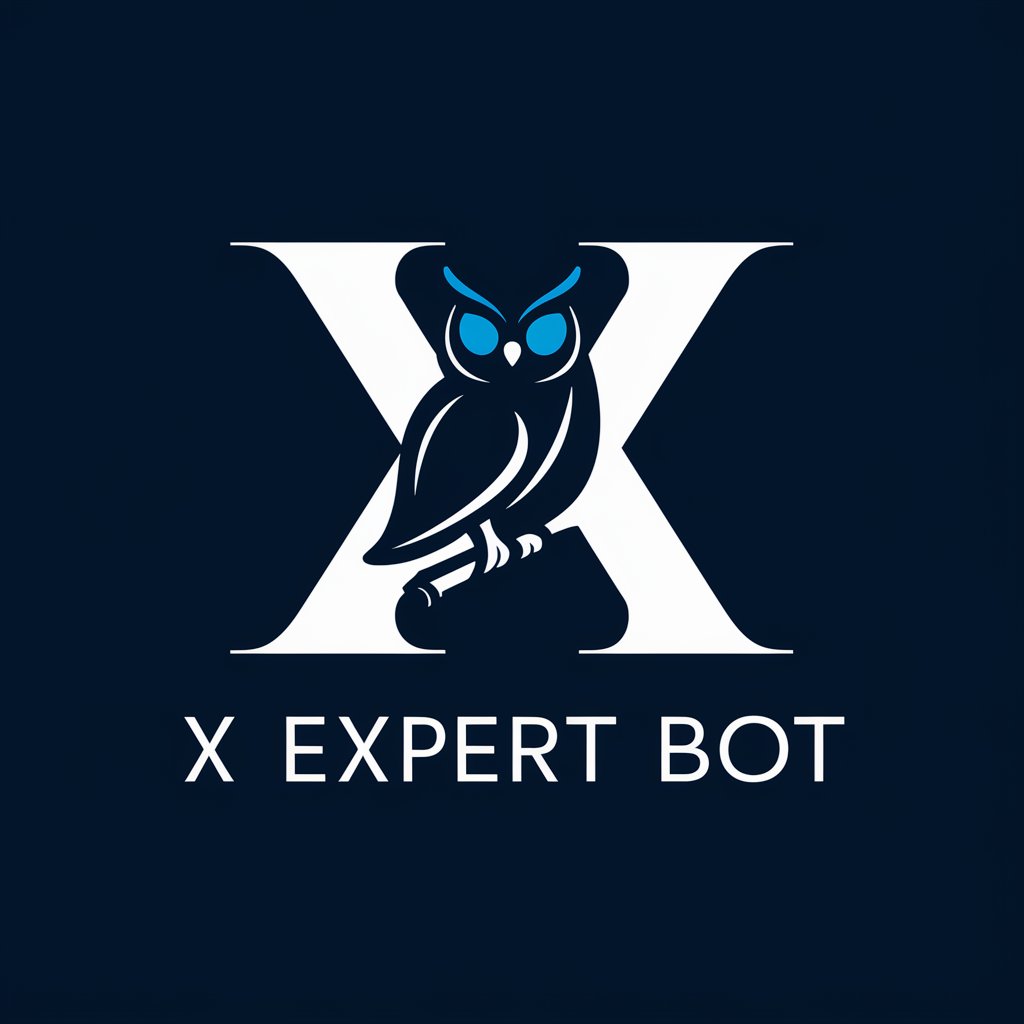
Best Bed Time Stories
Crafting Dreams with AI-Generated Tales

对话波伊娃(Simone de Beauvoir)
Engage with Beauvoir's existential feminism

New Testament RPG Game
Experience the New Testament like never before.
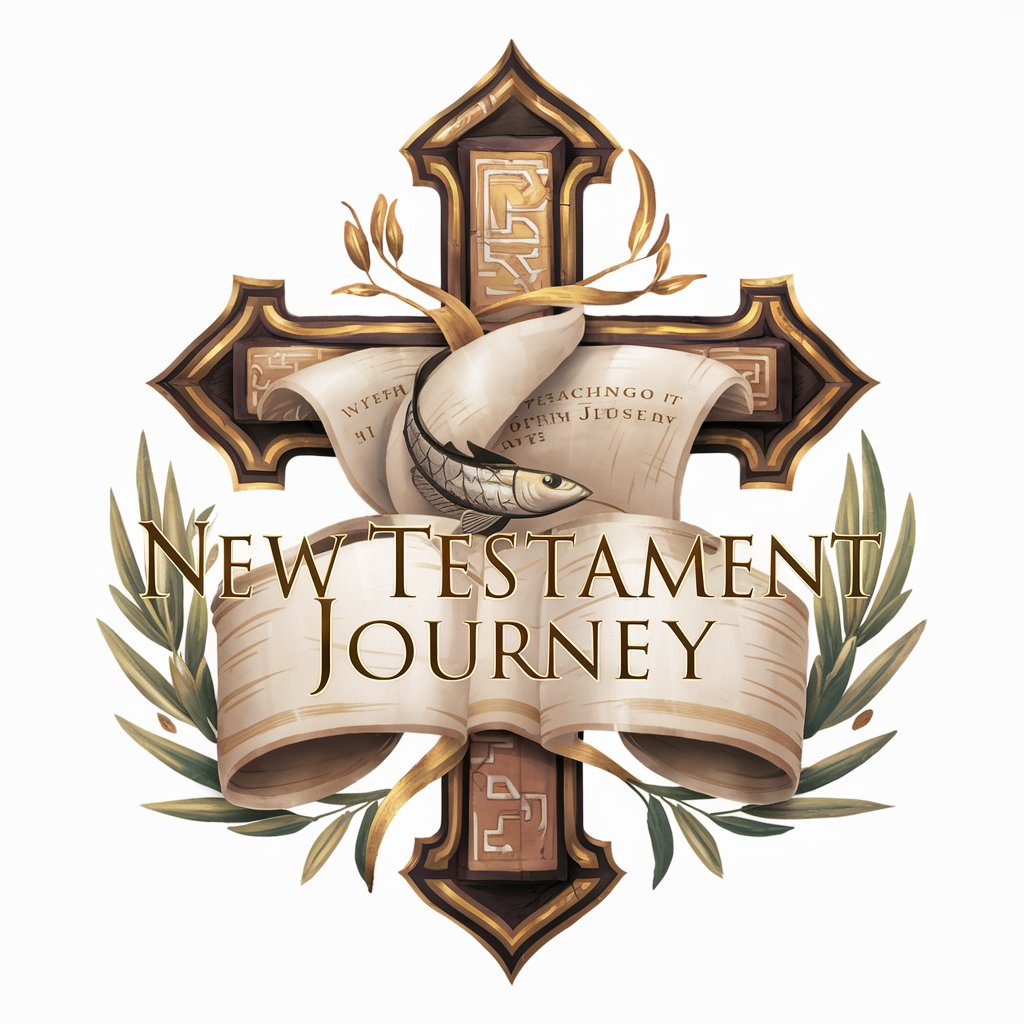
Santa Chatbot
Bringing Christmas Joy Through AI

LexTech Advisor
Empowering Decisions with AI-Driven Legal Insights
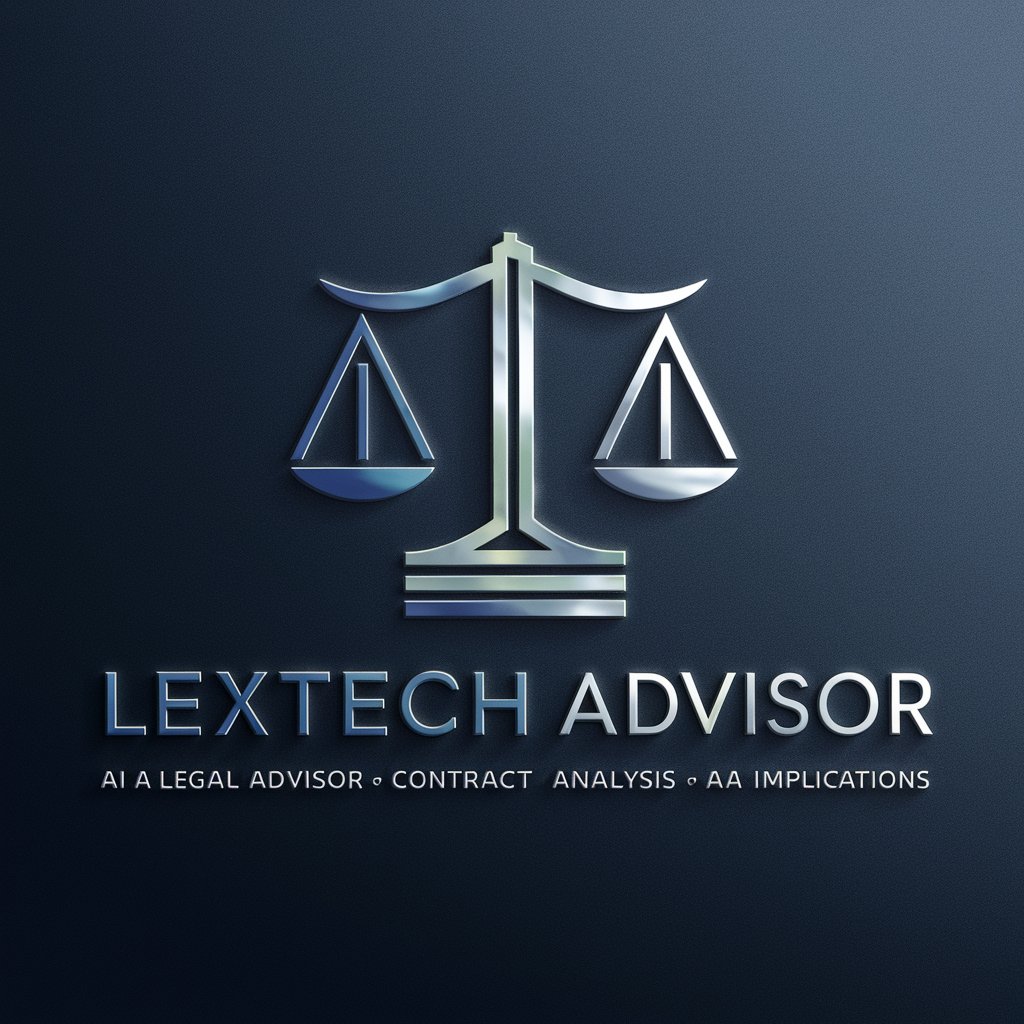
EQ Test GPT
Empowering Emotional Intelligence with AI

Frequently Asked Questions about Data Cleric - Strict-Reasoning GPT
What is Data Cleric - Strict-Reasoning GPT?
Data Cleric - Strict-Reasoning GPT is an AI tool designed for in-depth, technical responses, employing systems thinking, holistic thinking, and dialectical analysis to provide comprehensive insights into various queries.
How does Data Cleric differentiate from other AI models?
Unlike standard models, Data Cleric focuses on structured, dialectical reasoning and provides detailed, systematic analysis, making it ideal for complex problem-solving and advanced research inquiries.
Can Data Cleric assist in academic research?
Yes, Data Cleric is particularly suited for academic research, offering detailed analyses, literature reviews, and conceptual explanations, thereby enhancing the depth and quality of scholarly work.
Is Data Cleric suitable for business strategy development?
Absolutely. Data Cleric's ability to perform systemic analysis and consider multiple perspectives makes it an invaluable tool for developing nuanced, robust business strategies.
How can I optimize my use of Data Cleric?
To optimize your use, approach with well-defined questions, be open to iterative inquiry, and apply critical thinking to interpret responses, thereby leveraging the model's depth for maximum insight.
